Louisiana lawmakers are trying to quietly criminalize possession of the most commonly used abortion pills.
In a move that took the state’s abortion advocates and OB-GYNs by surprise, last-minute amendments that would place mifepristone and misoprostol on the state’s list of controlled substances were added to a bill focused on making “coerced criminal abortion by means of fraud” a crime.
State Sen. Thomas Pressly (R) filed Senate Bill 276 in honor of his sister, whose husband slipped abortion medication in her drink without her consent. The House Criminal Justice Committee heard multiple bills regarding abortion Tuesday, and there was not much buzz surrounding this particular one, until Pressly submitted the set of amendments that would classify the abortion medications mifepristone and misoprostol as Schedule IV controlled substances under Louisiana law.
Abortion is almost completely illegal in Louisiana. Mifepristone and misoprostol both have other uses.
The legislation would include an exemption for pregnant women to possess mifepristone and misoprostol for their own consumption, and still allow people who have a “valid prescription” to obtain them from pharmacies. Thus, it appears to be designed to target people who might stockpile abortion pills ahead of their own pregnancy, or the pregnancy of their friends and family members. Health care workers worry the legislation will make it more difficult to do their jobs.
The penalties would make possession of the medications a felony punishable up to five years in prison with a fine of up to $5,000. In Louisiana, the distribution or possession with intent to distribute of Schedule IV drugs is punishable for up to 10 years in prison with a fine of up to $15,000.
When one state legislator, who admitted he was not familiar with the last-minute amendments, expressed concern they were not conservative or “pro-life” enough, Pressly reassured him by saying that the legislation and the amendments were written in partnership with Louisiana Right to Life, the state’s anti-abortion organization.
Louisiana is a trigger ban state, meaning in June 2022 when Roe v. Wade was overturned and federal protections for abortion rights ended, abortion was made almost entirely illegal. The state has one of the strictest bans in the country, with no exceptions for rape or incest, and narrow exceptions for life of the pregnant person and “medically futile” pregnancies. In the months that followed, the legality of Louisiana’s ban was argued in court and staunchly defended by current Republican Gov. Jeff Landry, who was the state’s attorney general at the time. An August 2022 court decision effectively ended abortion in the state and resulted in all three abortion clinics shutting down.
On Tuesday, as the revised bill advanced out of committee, news slowly began to spread across the state that mifepristone and misoprostol might soon be categorized as controlled substances, a move that seems to be unprecedented.
Lawyer Elizabeth Ling manages the Repro Legal Helpline at If/When/How and says, to her knowledge, she hasn’t seen language like this proposed or legislation like this enacted in any other state. “It’s unknown how police or prosecutors might choose to use this law, or might choose to use information against people,” Ling tells Rolling Stone. “The amendment may have an exception for the pregnant person, but there’s no exceptions for the people supporting a pregnant person.” Ling says she’s not surprised, because there have been multiple states across the country trying to successfully criminalize abortion support.
The Supreme Court recently heard arguments from conservatives fighting to limit access to mifepristone, following a controversial ruling by the Fifth Circuit Court of Appeals. Louisiana’s move to classify the abortion pills as “dangerous controlled substances” could signal the latest front in Republican-led states’ war on abortion access.
“Neither mifepristone nor misoprostol belong in the category of dangerous controlled substances, as there is no potential for abuse or dependence (the definition of a controlled medication),” Dr. Jennifer L. Avegno, director of New Orleans’ health department, says in a statement. “As we have seen, any perceived barrier to accessing appropriate maternal health care produces confusion and worsens Louisiana’s existing poor outcomes for women.”
By making these medications a controlled substance, should the bill become law, it could add a lot of red tape for doctors prescribing the pills. Rolling Stone spoke with a maternal fetal medicine specialist based in Louisiana who worries patients are going to suffer because of the sweeping implications of this legislation. She says misoprostol is a medication that OB-GYNs often prescribe, sometimes even multiple times a day, to help provide miscarriage care, to induce labor when someone needs to give birth, and for cervical ripening before putting in an IUD.
“The majority of times you’re prescribing misoprostol, it’s not for abortion, at least not here,” says the doctor, who asked to remain anonymous. “Twenty-five percent of pregnancies end in miscarriage, and the FDA-approved protocol for medically managing miscarriage is either a combination of misoprostol and mifepristone or a misoprostol-only regimen.”
She says if this measure were to become law, it could result in a “potential disaster,” explaining that there would likely be a period of time where doctors are fearful about how to proceed, and unsure whether or not they are qualified to prescribe Schedule IV controlled substances, but they’ll still have patients daily coming in who are miscarrying.
Louisiana OB-GYNs are no strangers to shifting reproductive health laws, as doctors have been in a constant state of fear and paralysis as what exceptions are legal have been debated in courts and committee hearings. When the Supreme Court first overturned Roe, there were reports that pharmacies refused to fill misoprostol, even when the intention was not for elective abortions.
Patients seeking miscarriage treatment have been turned away by health care workers fearful of being criminalized for providing care. Even prior to the ban, Louisiana had one of the highest maternal mortality rates in the country. A recent report about the criminalization of care in the state found that doctors were forcing women to undergo unnecessary cesarean sections “to preserve the appearance of not doing an abortion.”
“We’re all so scarred from the last two years of not exactly knowing what we can and can’t do,” says the Louisiana OB-GYN, adding that doctors now feel “sheer terror” in what used to be easy, daily decisions. “Before anybody writes a prescription, they’re going to be damn sure that they’re not doing something illegal because we all just feel like we have targets on our back from Jeff Landry’s personalized letter he wrote to each of us that basically said, ‘You have a target on your back.’”
The doctor says she had been texting with colleagues throughout the day, and they are all in “complete shock” about the amendment. “This was not on anyone’s radar at all — it feels very sneaky,” she adds. “Your husband should not slip you abortion pills without you knowing it; that story is terrible. But linking that with this is totally backwards.”
Anti-abortion doctor Kim Hardey testified in support of the amendments at the hearing, saying in his opinion that making the medication controlled substances “wouldn’t really affect their availability to doctors,” but would make it so “you’d be able to see who’s prescribing these drugs more clearly.”
Following the committee hearing, Pressly released a statement, shared by Louisiana Right to Life, saying that he added the amendments because the abortion pills “are being weaponized and are a risk to the public health.” He also claimed he is “aware of increasing incidents of men using threats of violence or duress to cause women to take abortion pills against their will.”
“I recognize that there are legitimate medical uses other than elective abortion for these drugs,” says Pressly. “Louisiana law is clear that if abortion-inducing drugs are used for purposes other than elective abortion, they are legal for use. The medical community is well-versed with using controlled substances in the course of their medical practice.”
It should be noted that the anti-abortion legislators often insist that abortion laws are clear, even when they throw the medical community into crisis. It should also be noted that this amendment was made in the criminal justice committee, not the health and welfare committee. Louisiana Right to Life did not respond to a request for comment.
The confusion around the consequences of this legislation parallel what happened in the state following the Supreme Court’s decision in Dobbs v. Jackson Women’s Health Organization, allowing states to ban abortion. Ling says she thinks this confusion is often intentional.
“It means that people become too scared to do anything, whether that means you are someone who is pregnant and thinking about what makes the most sense or whether you’re a doctor thinking about what is medically sound treatment for your patient,” she says. “That confusion is paralyzing.”
Ling adds she’s also worried that making mifepristone and misoprostol controlled substances will add to the stigma around abortion pills. “The science really shows that abortion pills are extremely safe. I think [this bill] is really harmful because [it] is perpetuating the stigma that we’ve seen around abortion in general for decades … that has led to the criminalization of people, suggesting that abortion is somehow unsafe, and somehow not health care.”
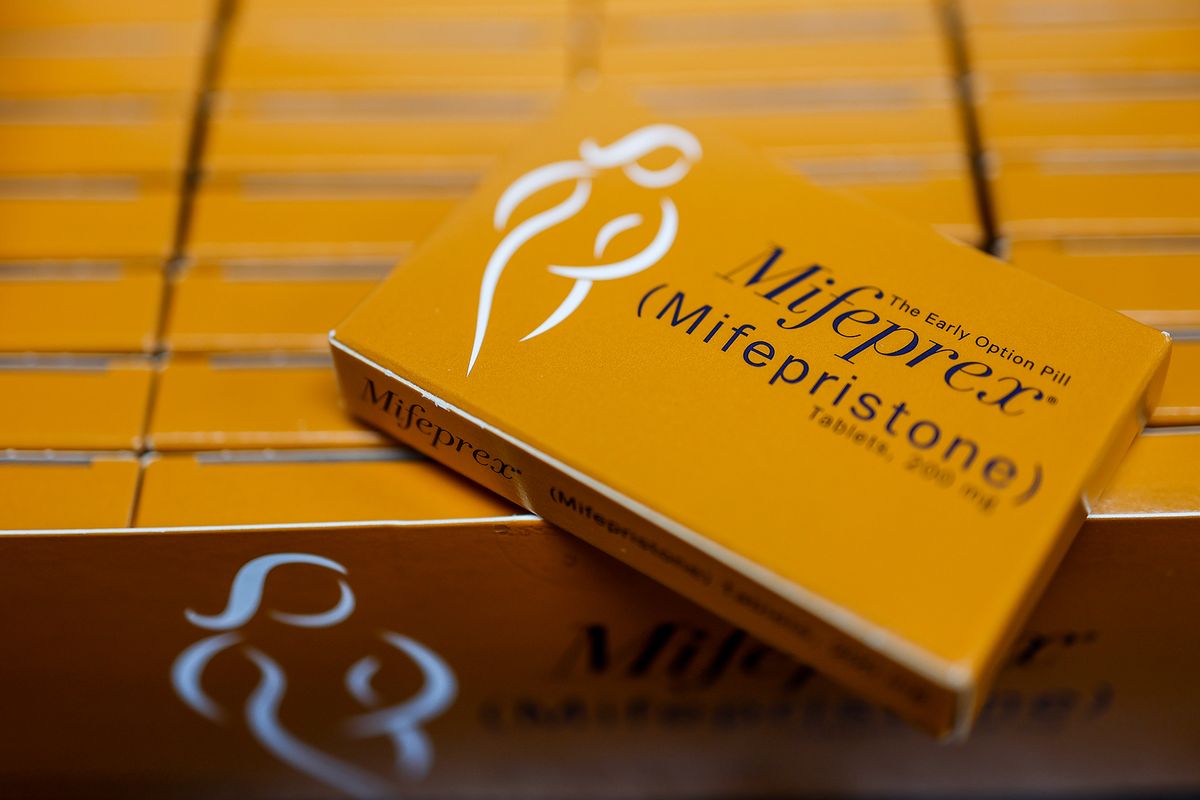








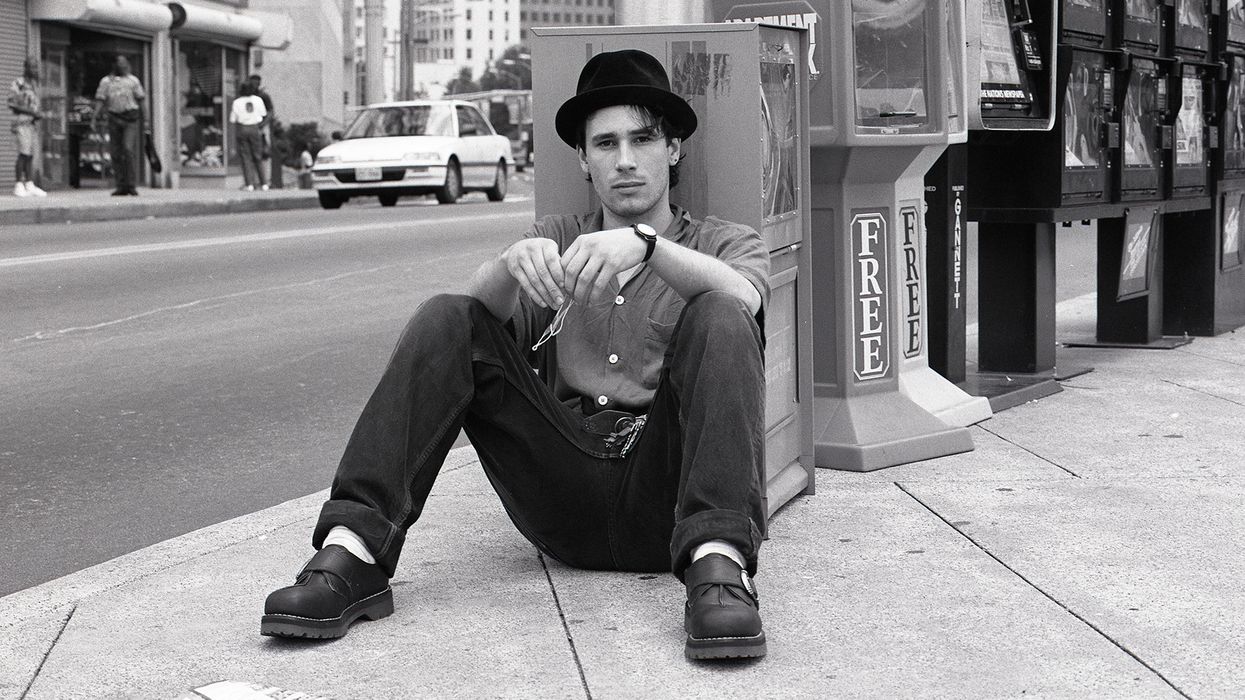

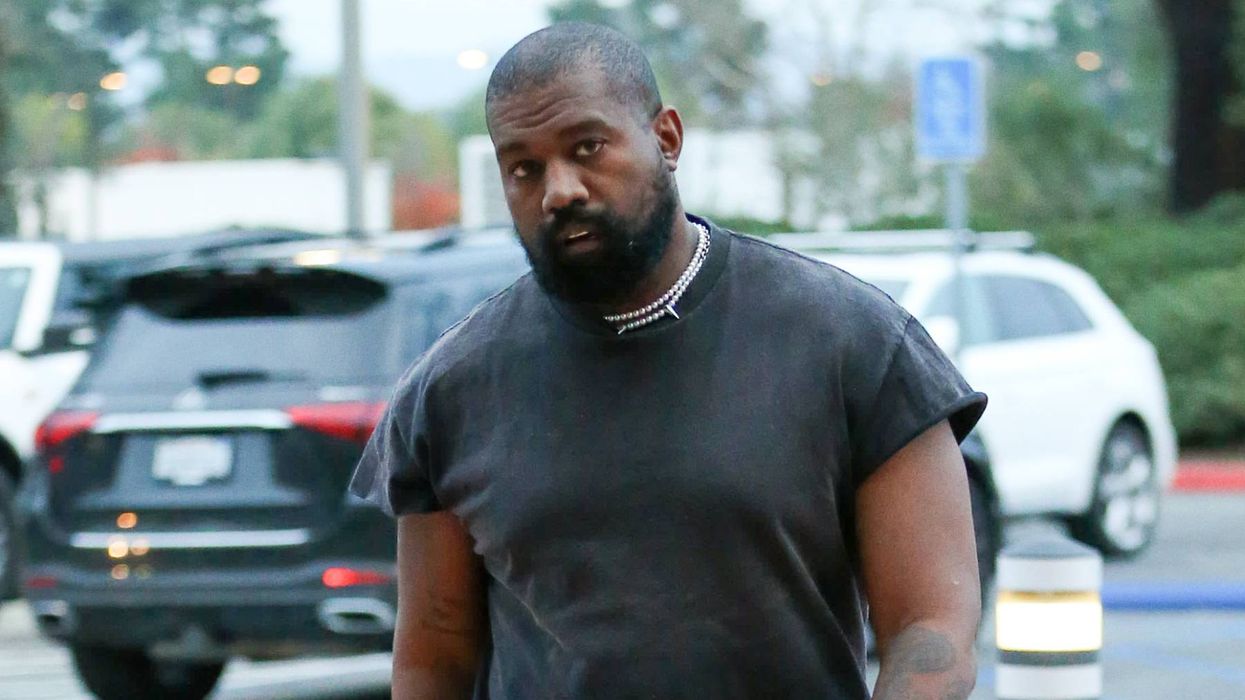
 Jean Jacket: Repull/Jewelry: Personal collection
Jean Jacket: Repull/Jewelry: Personal collection Hat: Xtinel/Dress shirt and vest: Raphael Viens/Jewelry: Personal Collection & So Stylé
Hat: Xtinel/Dress shirt and vest: Raphael Viens/Jewelry: Personal Collection & So Stylé 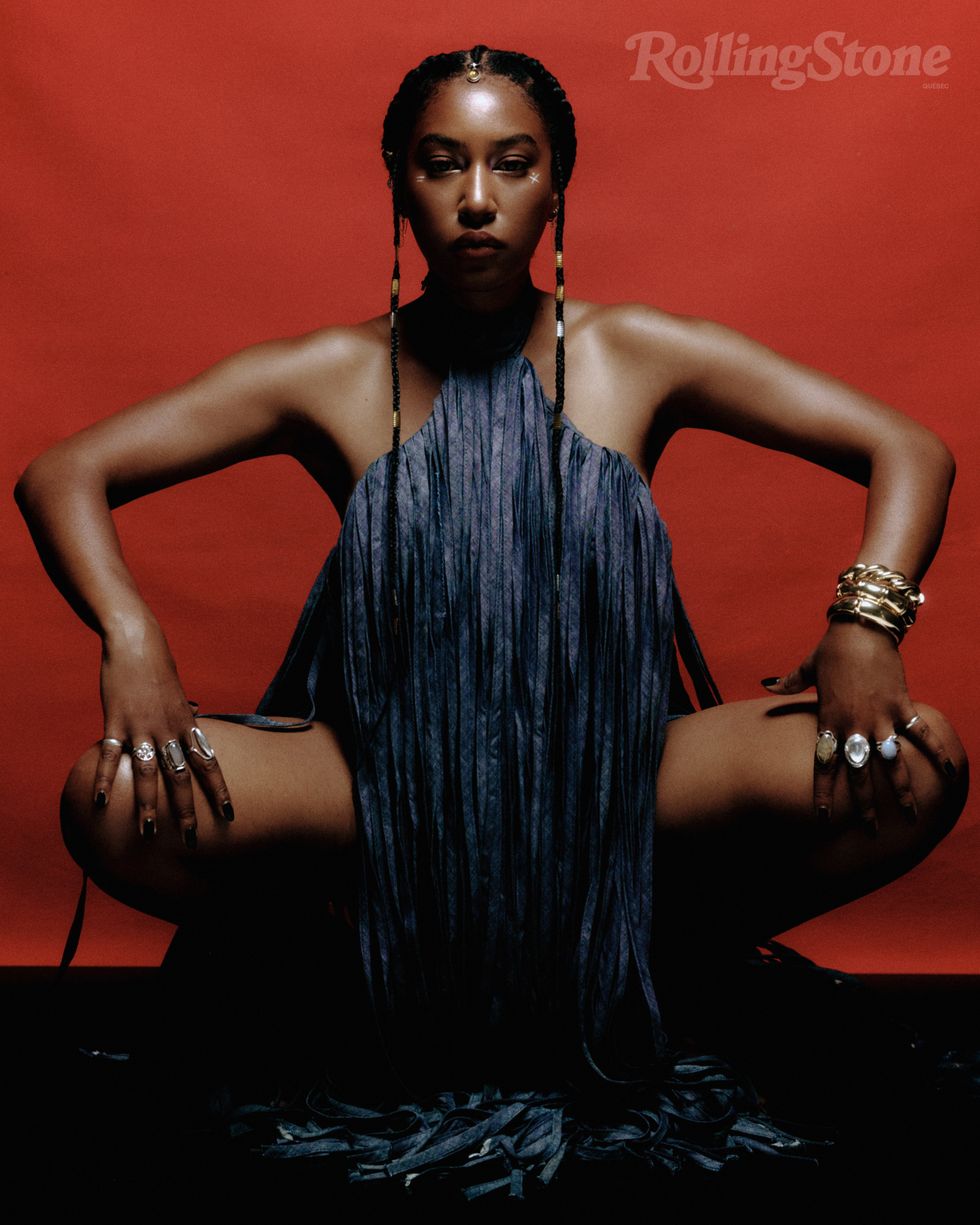 Dress: Helmer/Jewelry: Personal Collection
Dress: Helmer/Jewelry: Personal Collection 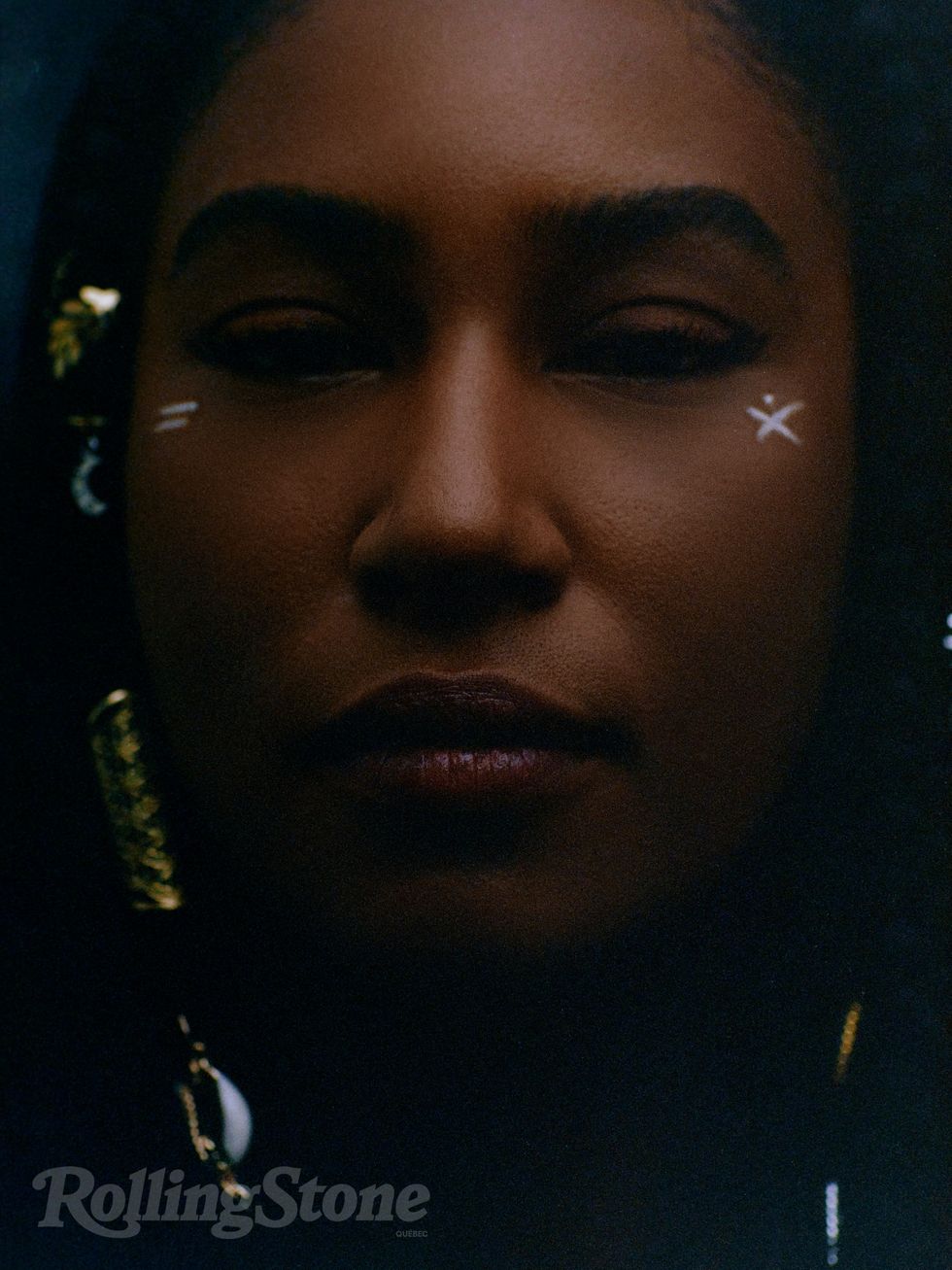 Jewelry: Personal Collection
Jewelry: Personal Collection 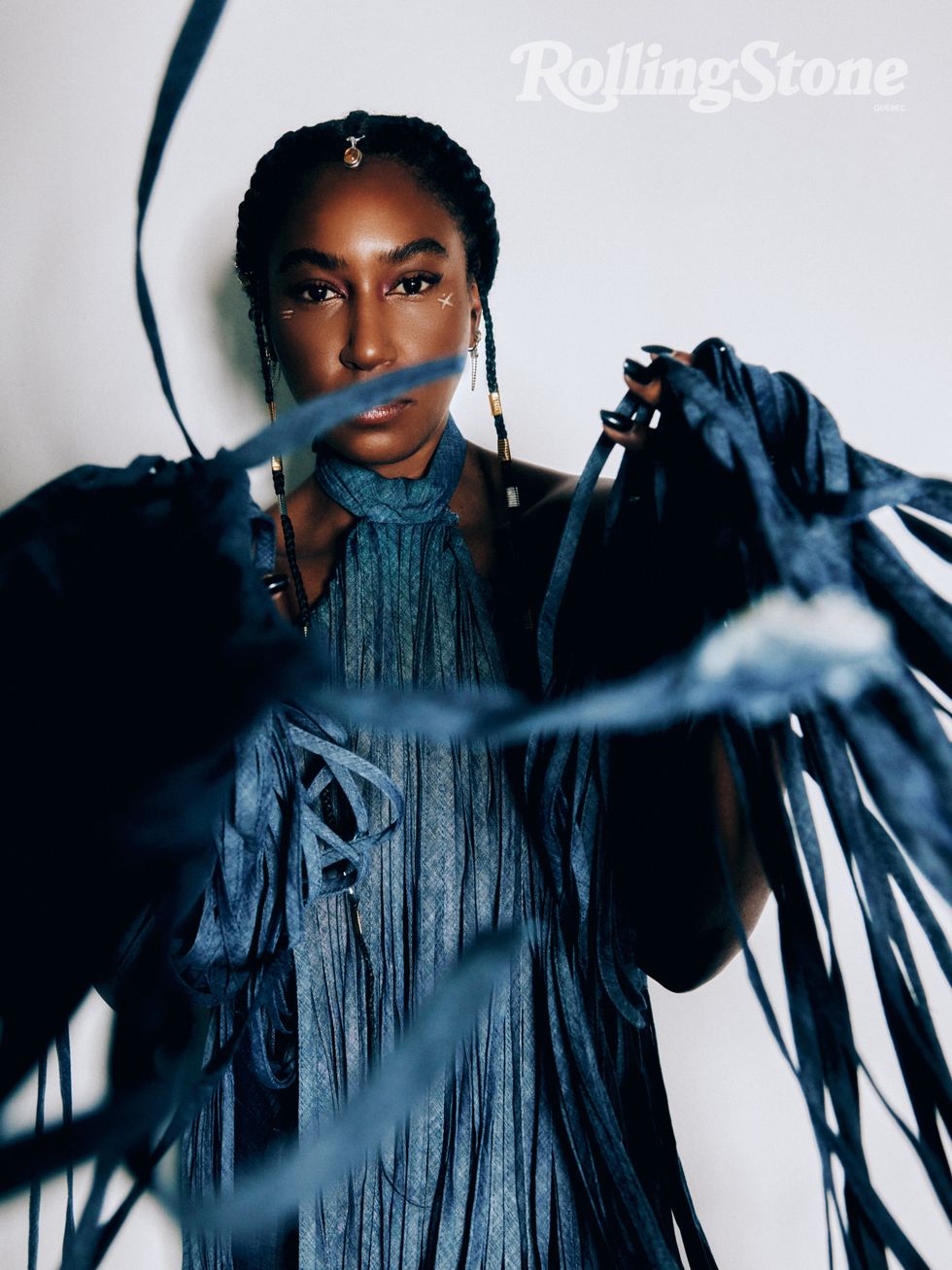 Dress: Helmer/Jewelry: Personal Collection
Dress: Helmer/Jewelry: Personal Collection 

 Catering Presented By The Food DudesPhoto by Snapdrg0n
Catering Presented By The Food DudesPhoto by Snapdrg0n Catering Presented By The Food DudesPhoto by Snapdrg0n
Catering Presented By The Food DudesPhoto by Snapdrg0n Catering Presented By The Food DudesPhoto by Snapdrg0n
Catering Presented By The Food DudesPhoto by Snapdrg0n
 Photographer: Raphaëlle Sohier / Executive production: Elizabeth Crisante & Amanda Dorenberg / Design: Alex Filipas / Post-production: Bryan Egan/ Headpiece: Tristan Réhel
Photographer: Raphaëlle Sohier / Executive production: Elizabeth Crisante & Amanda Dorenberg / Design: Alex Filipas / Post-production: Bryan Egan/ Headpiece: Tristan Réhel Photo: Raphaëlle Sohier
Photo: Raphaëlle Sohier Photo: Raphaëlle Sohier/ Photo production: Bryan Egan/ Blazer:
Photo: Raphaëlle Sohier/ Photo production: Bryan Egan/ Blazer:  Photo: Raphaëlle Sohier/ Blazer: Vivienne Westwood/ Skirt :
Photo: Raphaëlle Sohier/ Blazer: Vivienne Westwood/ Skirt : 
